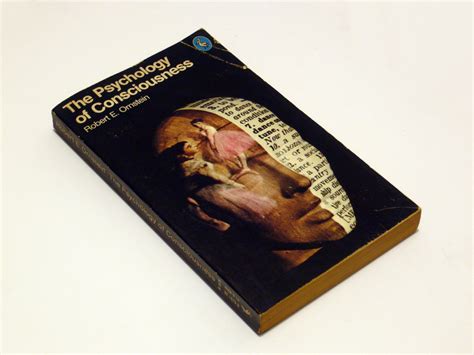A Quote by Nancy Gibbs
Emotional life grows out of an area of the brain called the limbic system, specifically the amygdala, whence come delight and disgust and fear and anger.
Related Quotes
The brain of a person in love will show activity in the amygdala, which is associated with gut feelings, and in the nucleus accumbens, an area associated with rewarding stimuli that tends to be active in drug abusers. Or, to recap: the brain of a person in love doesn't look like the brain of someone overcome by deep emotion. It looks like the brain of a person who's been snorting coke.
I think the anger that is being directed to universities and so-called elites at universities is actually an anger that's displaced from politicians (who promise to make things better and never do), from employers, it's an anger at the economic system that has put so many of these people out of the kind of work that once was so satisfying to them.
I know that I come from mid-20th century America, urban, specifically downtown New York, specifically an Italian-American area, Roman Catholic - that's who I am. And a part of what I know is there's a decency to people who tried to make a living in the kind of world that was around us and also the Skid Row area of the Bowery; it impressed me.
Fear looks both ways but still refuses to cross; fear looks twice and still doesn't leap. ... Fear usually arrives late, inevitably leaves early, and ends up never going out of town at all. Fear is the phantom hand on the back of the neck and the sound of a door opening downstairs when no one is coming home. ... Fear grows poor because it watches others gain wealth but cannot enter the fray; fear grows sick because it eats away at heath even as it fears its diminishment; fear grows old watching others live in ways that seem to threaten-but in reality only enhance-life.
How do we regulate our emotions? The answer is surprisingly simple: by thinking about them. The prefrontal cortex allows each of us to contemplate his or her own mind, a talent psychologists call metacognition. We know when we are angry; every emotional state comes with self-awareness attached, so that an individual can try to figure out why he's feeling what he's feeling. If the particular feeling makes no sense—if the amygdala is simply responding to a loss frame, for example—then it can be discounted. The prefrontal cortex can deliberately choose to ignore the emotional brain.

































